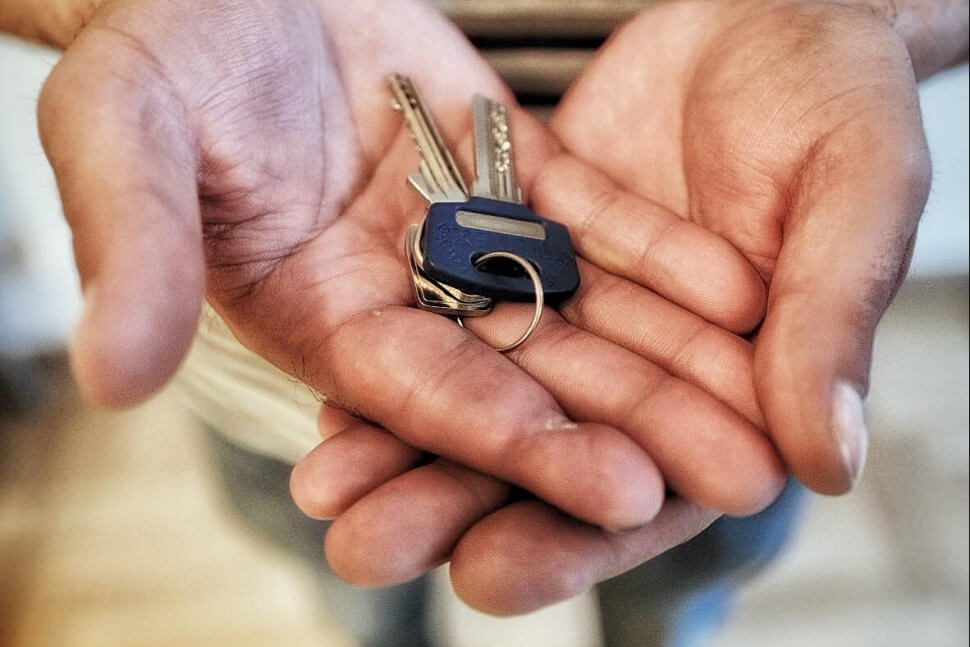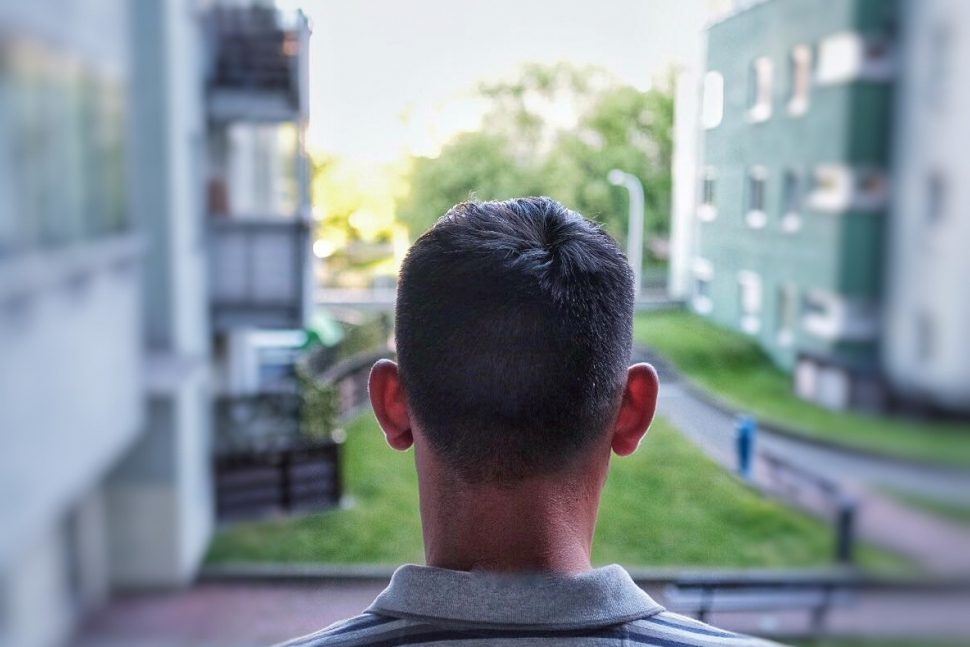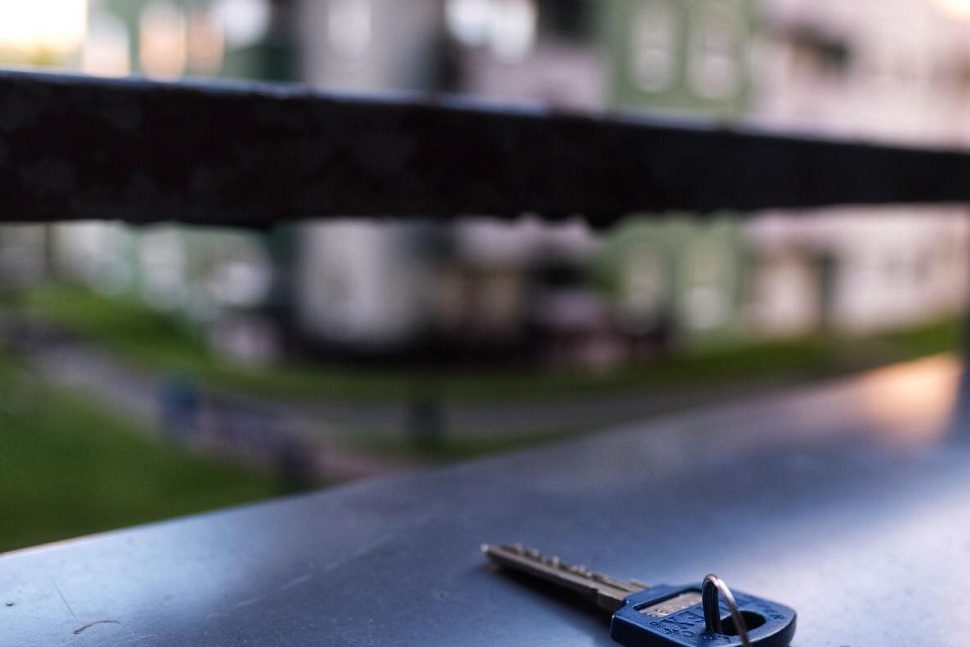Poland
Homelessness remains a major social issue in Poland. Tens of thousands of people living on the streets experience social exclusion. At Good Factory, we believe that every person, regardless of their past, has the inalienable right to dignity and respect.
Overview:
- there are more than 30,000 homeless people in Poland. 84% of them are men.
-
most of them live in the Mazowieckie, Śląskie and Pomorskie voivodeships
-
every year, more than 100 people in Poland die due to cold-related causes
-
the most common reasons for homelessness are: familial conflict, addiction issues, and eviction
60
supply of warm clothing
230
24.01.2020
The projects we work on around the world have taught us to think outside the box. While constructing a community center for children in Bangladesh, we were surprised to see that local builders started construction by working on the roof. We wondered about the foundations and walls but once the first monsoon rains started, we understood their reasoning. The roof allowed us to continue work uninhibited. Even during storms and heavy rainfall, the builders were able to work on the building. The solid bamboo construction still stands today, protecting against tropical rains.
What if we took the same approach in Poland? We have been helping Warsaw homeless deal with the extreme challenge of surviving the winter for the past three years. We deliver warm packs with winter shoes, warm coats and thermoses. We also respond to the needs of homeless shelters in Warsaw, providing them with mattresses, underwear and clothes. We visit vacant buildings with street workers and work together to find new ways of helping. And we can’t help but think – what if we started with housing?
Last year we met Ania Jastrzebska, a trauma therapist and street worker. She helps homeless men knowing full well that behind the alcohol abuse, cold and hurt bodies there is real trauma. Medics on the Street, an organization she runs, have a mobile ambulance they set up a few times a week by the Warsaw Central train station, where they take care of homeless people. They also talk to the homeless population to try to work out where their problems stem from. Ania brought our attention to Wojtek who became homeless after a string of terrible misfortunes that overwhelmed him. When she was dressing his wounds for the first time, he mumbled, dazed from the pain: “I, a soldier of the Polish Army, swear to faithfully serve the Polish Republic and defend its independence and borders.” His story was featured in a December edition of Newsweek in an article about homeless veterans. Wojtek put his faith in Ania and agreed to therapy. He decided that he did not want to continue running away from his problems, and we at Good Factory decided that we can’t have him live in shelters and train stations any longer and rented an apartment for him. Remember, housing first.
An unexpected form of support for homeless people has been successfully operating in the United States and Western Europe for decades. This program, called Housing First, completely reverses the way of helping by enabling a homeless person to move into an independent apartment, and then subsequently supporting them in solving the problems that led to their homelessness. At the beginning of June, we launched our pilot project Housing First, which is partly based on this idea. It relies on the belief that a roof over one’s head is one of the fundamental rights of every human being as it satisfies basic living needs, gives a sense of security and conditions to survive.
Six months after we gave Wojtek keys to his first apartment, he has two jobs. His salary is not enough to cover the debt he accumulated over the years, but nothing brings him more joy than knowing that his financial obligations are getting smaller for once, not growing. He also received a first aid certification and now helps dress the wounds of other homeless people gathered around the main train station. He’s gaining new qualifications and confidence in the process. He wants to help veterans, he’s reconnected with his children and is fixing relationships that have been in shambles for years.
Póki co mieszkanie jest jedno, ale Ania takich jak Wojtek, którym dach nad głową zmieniłby w życiu wszystko, zna jeszcze przynajmniej kilku. Metoda działa i sami widzicie jak dobrze. Z każdym z podopiecznych będziemy indywidualnie ustalać zasady i czas, na jaki zostanie im udostępnione mieszkanie. Cel jest taki, by w końcu sami byli w stanie przejąć opłaty za czynsz zaczynając od częściowej partycypacji w kosztach.
Renting a studio in Warsaw costs around 2000 PLN. We believe in the power of your donations and hope that thanks to you there will be more housing available and we will be able to help many more people like Wojtek.



